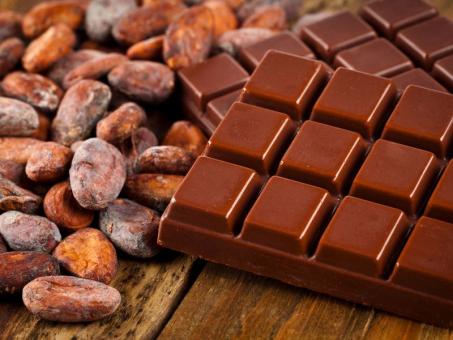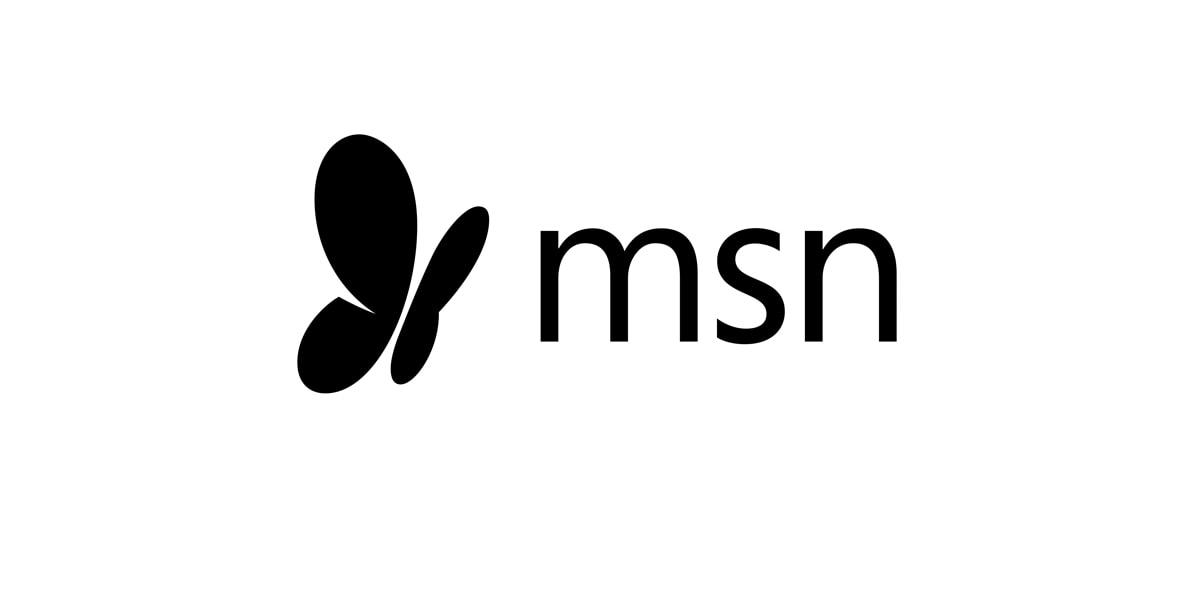Chocolate is already known as a guilty pleasure, but a new report might leave you feeling legitimately guilty about the path cocoa takes to reach some of your favorite sweets. Green America—a non-profit dedicated to creating "a socially just and environmentally sustainable society"—recently released its "Chocolate Scorecard" for 2019, looking at child labor, deforestation, and farmer poverty in the chocolate industry. And the world's largest brands landed some of the worst grades.
Godiva was the only brand to score an "F," but Mondelez and Ferrero weren't far behind: Both brands were graded "D." Lindt and Hershey were also flagged with a "C," while Mars and Nestle performed the best out of the big names, but only by both scoring a "C+." Finishing off the list from the bottom up, Guittard got a "B+," while Alter Eco, Divine, Endangered Species, Equal Exchange, Shaman, Theo Chocolate, and Tony's Chocolonely all scored an "A."
So how were the scores determined? "Chocolate bars with an 'A' rating are addressing farmer income and child labor issues, and are organic and/or non-GMO certified," Green America writes. Beyond that, the group states, "We are not only looking at how much certified cocoa a major chocolate company has, we are also looking to see if the company has innovative programs and projects in place to address some of the other underlying issues of child labor in cocoa and if the company is working to address deforestation."
"When bombarded with endless choices, it can be difficult to know which chocolate brands are having a positive impact on the world," Todd Larsen, executive co-director of Consumer and Corporate Engagement at Green America, said in announcing the results. "The aim of Green America's scorecard is to help consumers feel confident about choosing chocolates that are ethically sourced with high-quality ingredients."
Importantly, however, the scorecard itself does highlight certain symbols consumers can look for. Green America highlights five certification programs: Fairtrade, Fair Trade Certified, IMO Fair For Life, Rainforest Alliance, and UTZ all prohibit companies from using forced labor and child labor to bear their seal. And these programs are separate from companies' own programs which "can vary in practice in regards to how comprehensive and impactful they are," Green America writes.
In the end, the organization made it very clear what they want the takeaway from the scorecard to be: "Big brands must do more to tackle these issues and buying ethically sourced chocolate is one way for consumers to put pressure on brands to change their practices," stated Charlotte Tate, labor justice manager at Green America.
At the same time, you probably shouldn't simply take a letter grade's word for it: Thankfully, Green America also provides a more in-depth analysis of how the largest seven brands can improve on their website.





